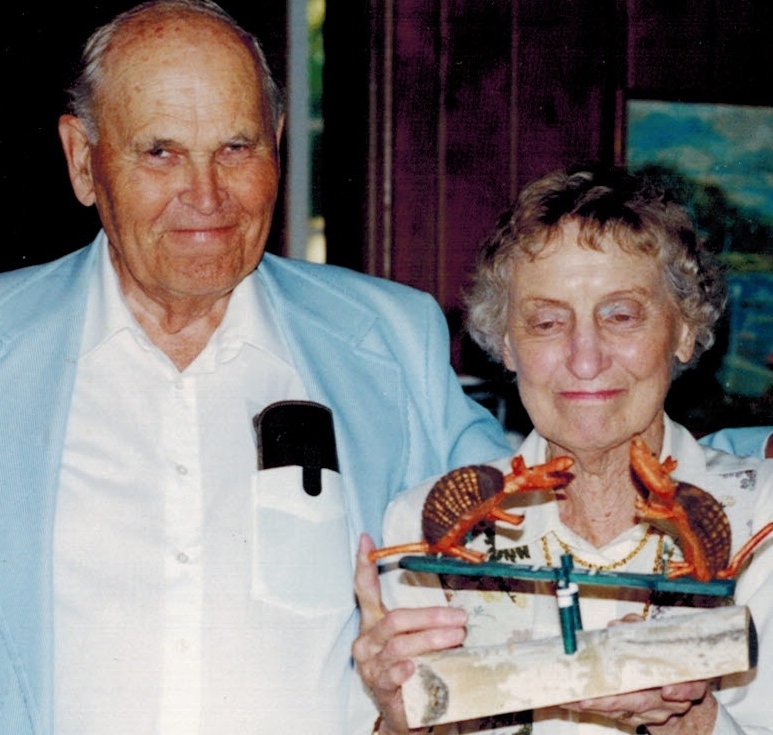When I was a kid, my parents deluged me with stories and encouraged me to tell my own. I did, and before long I was writing them down, especially the ones I didn’t want my parents to know. I found that there were things I wanted to say with meanings only I could explain. I squirreled away snippets, poems, sketches, ideas, short stories novel outlines and chapters, in pencil or pen on envelopes or typewritten on recycled paper.
Four years ago – feeling the hour had come to compose the novel that only I could write – I joined a writers’ group. Each week I brought scribblings I’d worked over and got thoughtful feedback from the group. Gradually a main character emerged who could speak for the many voices in my drawer. I named her Sylvia, a name deriving from the Latin word for forest. An earthy name. As a story arc emerged, I needed to pinpoint attributes that could help my protagonist overcome her challenges and flaws that could prevent her from doing so.
Going through this undertaking reminded me of composing eulogies for my parents’ funerals. I’d begun that mission by wondering how I’d wound up with parents who seemed so different from me. But mulling over lessons I’d learned from them, I realized that not only had they they’d taught me to look under the surface, get the facts and tell the truth, but they also displayed honesty to a fault – and I’ve got some great stories about the fault part.. Honesty and doggedness shaped their lives, in ways that worked for and against them. I couldn’t grow up with them and not absorb the lessons.
Characters in my novel – Sylvie, Mom and Dad – share similar values but inhabit different thought worlds, making their stories unique to themselves. In writing about story-telling, C. S. Lewis says, “In life and art both…we are always trying to catch in our net of successive movements something that is not successive.” What remains in the net reveals what Sylvie’s school teacher calls “getting the big picture,” as this net sifts out the story’s particulars and leaves the themes.
So it goes in life. As we let our own stories of 2020 fall through the net, we may find we’ve reached similar conclusions. Our stories may differ, but we often share the same themes. Whether brilliant or dark, our stories can bring us together, and if want to survive together on this planet, we need to gather around the positive themes.. Even stories of sickness, pain and death can present themes of awareness, realization, compassion and hope.
As my parents modeled for me the art of living, so they did that of story-telling. My dad was an unrivaled raconteur, my mom an outstanding writer. Their character renderings were evocative, their punchlines often subtle, their timing pitch-perfect, their messages intriguing. Despite knowing I may not have reached their standards, I’ve dedicated Sylvie Denied to them.


I see you and the brother I know in these faces. (Love the armadillos.) I think you and Dick both inherited raconteur genes. What a delight to read your musings! I can’t imagine turning out so many thoughtful posts when I can barely get a tiny book out the door. It’s so sweet to get to know you better through your memories.